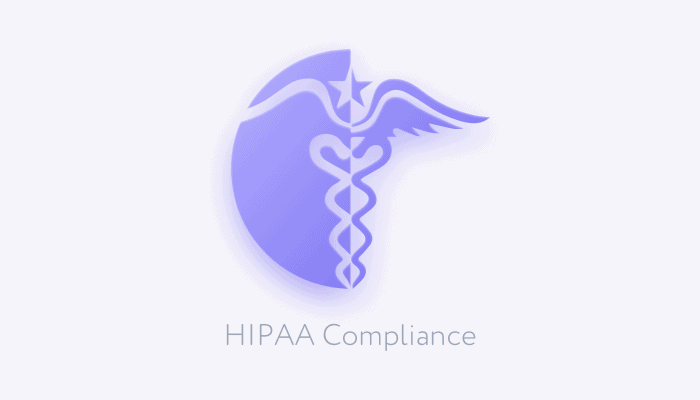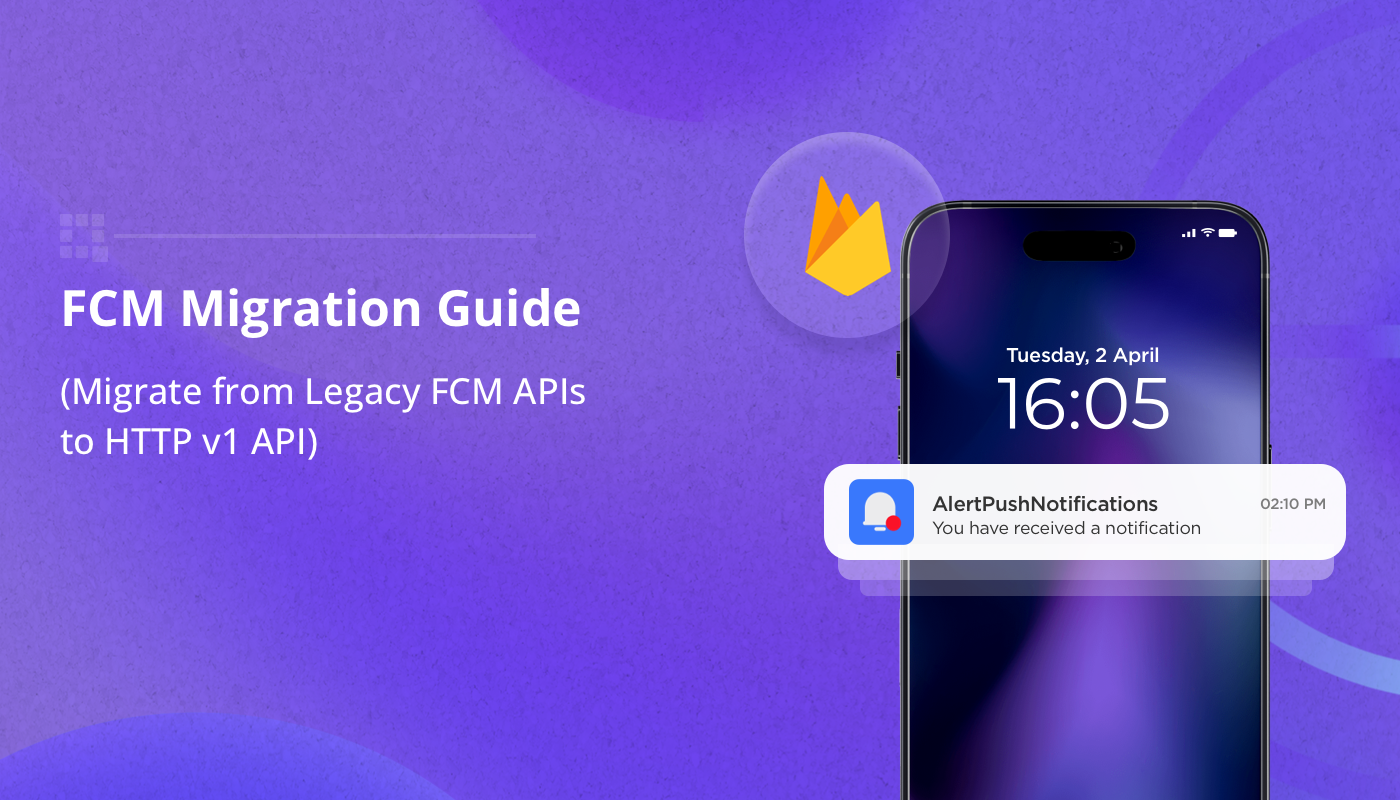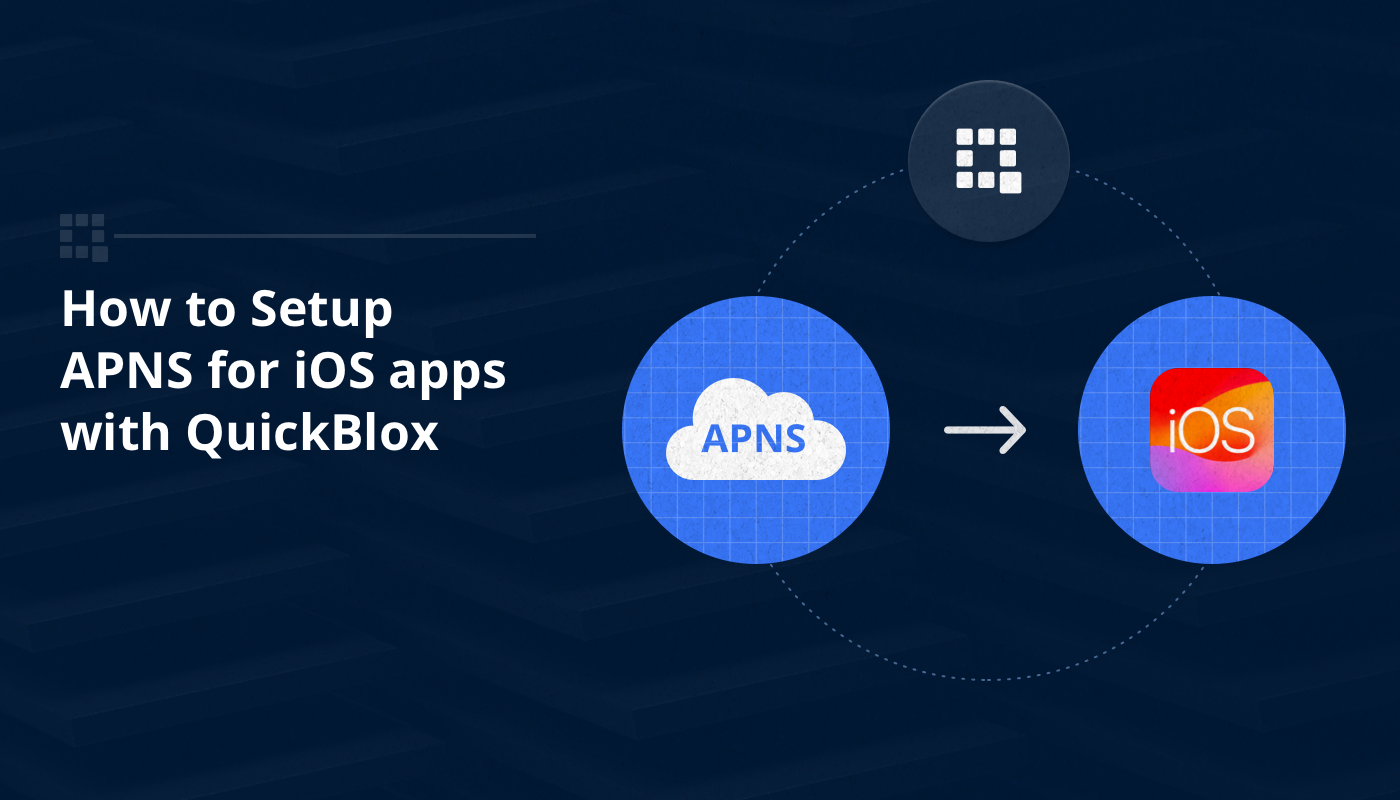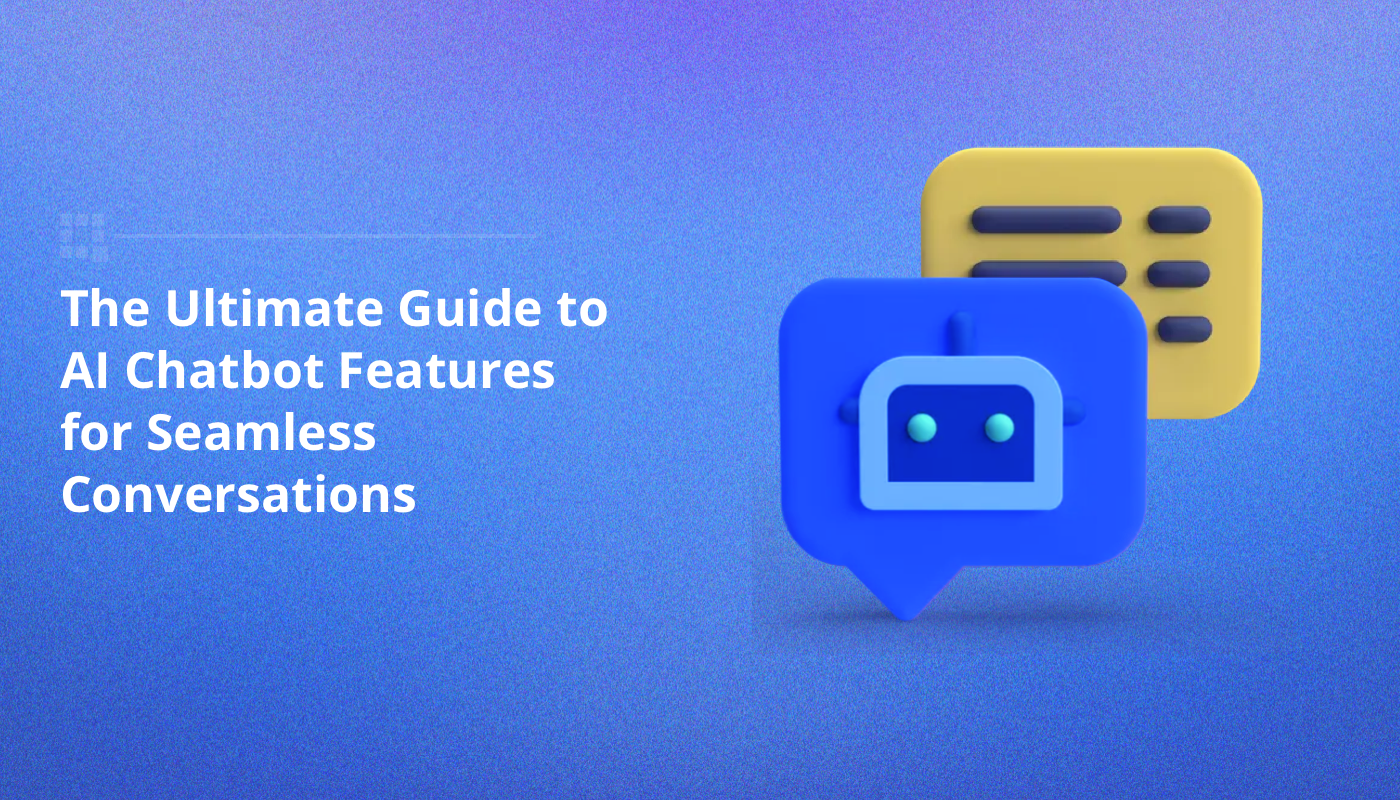
Digitalization accelerated and streamlined many processes in the healthcare industry. Instead of putting together a paper file consisting of examination reports, test results, X-rays, prescriptions, treatment procedures, and health plans, doctors and clinics now store electronic health records for each patient. When patients’ medical files are digital, they are easy to analyze, they are less vulnerable to loss or destruction, and can be shared between clinics in minutes.
Further development of healthcare technologies and the introduction of telemedicine placed the digitalization of personal health data into even sharper focus. Telemedicine provided millions of patients easier access to quality healthcare, and storing medical records electronically facilitated consultations and expanded patients’ options in terms of choosing healthcare providers.
On the flip side of the coin, digitalization opened opportunities for cybercriminals, too. In this respect, healthcare is a wealth of sensitive patient data that is highly sensitive and, if leaked, can do a lot of harm, from identity theft to reputation losses. For this reason, much attention is focused on the way patient records are stored and transmitted.
Health data is protected by a special law – HIPAA, which stands for Health Insurance Portability and Accountability Act. This Act establishes national standards for how patients’ data, referred to as Protected Health Information, or PHI, is to be stored and shared. The ultimate purpose of HIPAA, as outlined in its privacy rule, is that no healthcare-related data that can identify the patient, (e.g. name, contact details, social security), can be disclosed without patient consent.
What does HIPAA govern?
The HIPAA compliance checklist demands that protected health information be protected both by the covered entity,– healthcare services– and their business associates,–any third party business partner providing services to the covered entity that have access to identifiable health data. Communication software developers that enable the storage and transmission of PHI, are considered a business associate and are therefore obliged to follow the same compliance requirements.
HIPAA establishes a complex system of regulations to prevent unauthorized access to patient personal health data. Notably, the HIPAA security rule establishes a series of technical, administrative, and physical safeguards to protect PHI. It’s technical safeguards, for example, outline several required procedures for access control that ensure the covered entity can restrict, audit, verify, and control PHI access. HIPAA recommends ongoing risk assessment preferably with a designated compliance officer to ensure appropriate safeguards are in place.
To enforce its regulations, HIPAA stipulates a series of penalties and disciplinary actions for noncompliance. The severity of non-compliance penalties depends on the level of negligence; in cases of willful neglect it can lead to criminal charges. HIPAA regulations are serious in their intent to prevent patient data theft or breach at any stage of its processing, so covered entities and business associates need to remain mindful. All data processing services used in healthcare – cloud storage, hosting, messaging apps, data centers – must implement appropriate security measures outlined in the security rule and ensure compliance with the HIPAA requirements.
What do you need to know to remain HIPAA-compliant in 2021?
HIPAA was introduced in 1996, and since then many healthcare organizations and data services have adapted their ways of working in accordance with a HIPAA compliance checklist to avoid hefty penalties. However, the Covid-19 nationwide public health emergency threw many established procedures out of the window, healthcare being in the epicenter of the disaster.
Countries began enforcing quarantine restrictions demanding that people stayed home as much as possible and minimized social contacts. At the same time, many more people required medical advice and care due to Covid-19. These two contradicting trends converged on a single point – the advancement of telemedicine.
Telemedicine, the method of providing healthcare remotely via communication tools, became widespread quickly. It allowed health care providers to consult patients without in-person visits, thus reducing the chance of coronavirus contagion. On the other hand, though, this advance of telemedicine brought HIPAA compliance issues back into focus, as health professionals cannot always get access to HIPAA approved communication software that fully satisfies the HIPAA compliance checklist.
Covid-19 caused a flood of patients’ data to appear in the digital world. In addition to the usual patient case files, there is now data about tests, vaccinations, new drug prescriptions, and health plans – and all this data needs security and protection. The authorities were forced to take quick actions to enable doctors and patients to use telemedicine tools while trying not to compromise HIPAA regulations. A number of changes were temporarily introduced expanding the available options and lifting the sanctions for the period of the pandemic.
Use of remote communication platforms
For the time of the Covid-19 pandemic, the authorities recognized the tremendous pressure on healthcare professionals and their need for communication tools. As a result, they allowed the use of communication platforms that are not completely HIPAA-compliant without penalty. For example, in these extreme times, such platforms as Zoom and Facebook Messenger can be used to relay health-related information.
At the same time, healthcare providers are encouraged to use HIPAA-compliant platforms whenever possible to protect unauthorized access to patient records.
Use of scheduling applications
HIPAA also governs the use of online or web-based scheduling applications in healthcare. Before Covid-19, their use was not considered HIPAA-compliant. In 2021, however, such apps can be used for vaccination scheduling, unless the app provider explicitly prohibits such use.
PHI disclosure
While applying all possible measures to protect patient privacy, the authorities still recognize the national-level necessity of controlling the disease and being able to prevent its further spreading. Therefore, business associates are allowed to disclose PHI to health departments, disease control centers, and similar institutions.
Still, such disclosures are to be done in good faith, only to the absolutely necessary extent, and notifying the related covered entity (doctor or clinic) within 10 days of such disclosure.
Additionally, PHI can be disclosed to the so-called first responders (law enforcement, public safety teams, paramedics) to protect them from contracting the virus and spreading it further. Such disclosure can be made without the patient’s authorization.
How to stay HIPAA-compliant in 2021?
The first thing that you need to always remember is that all exemptions applied for the period of the Covid-19 pandemic are temporary. Security of identifiable health care related data is taken very seriously, and as soon as the situation allows, all regulations pertaining to the compliance checklist will be reimposed, as well as the related sanctions.
Consequently, if you are planning a telehealth service, we recommend that you start with HIPAA compliance in mind. Design your app with HIPAA software and use HIPAA-compliant development tools and technologies. This way, whenever the regulations are back in force, you will be prepared.
How can you achieve that? The easiest way is to use a communication platform that was designed to be HIPAA-compliant from the start. For example, the QuickBlox messaging and chatting platform that can be easily integrated into your healthcare app using SDKs and APIs, was created to be HIPAA-compliant every step of the way.
In QuickBlox, data is protected and secured both in transit and at rest. We use appropriate encryption technologies, compliant hosting, and storage, and pay attention to disaster recovery. At the same time, our team constantly follows the news and releases software updates to maintain the compliance checklist and ensure proper data security.
Contact us to learn how to deploy a HIPAA-compliant telehealth service. Our engineers will be happy to help you and find the most optimal solution for your use case.



















